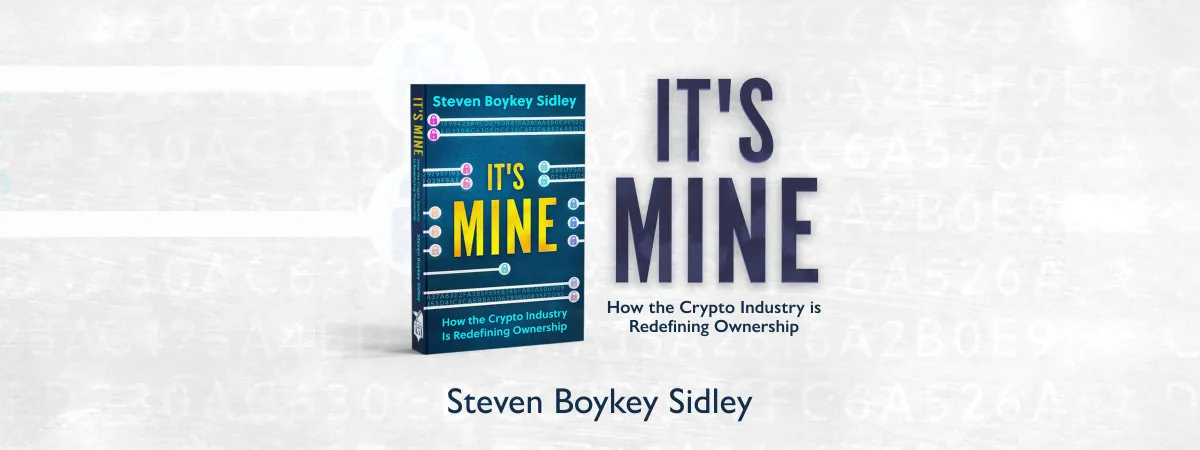GUEST ESSAY
Binance, Changpeng Zhao and the problematic $4.3-billion escape hatch

FTX and Binance's stories demonstrate the danger of hubris and greed when fortunes are accumulated quickly, with Binance escaping relatively unscathed by paying a hefty $4.3bn penalty, while FTX and its connected companies imploded in days, losing billions of dollars and leaving depositors devastated.
I am reasonably sure that many people who read the headlines splashed across global media on Tuesday about the $4.3-billion settlement between the world’s largest crypto company Binance and the US Department of Justice rolled their eyes and said — there goes another one — probably remembering the breathtaking implosion of Sam Bankman-Fried and his FTX exchange last year.
But they are two very different events, with two very different outcomes.
To recap, FTX collapsed under the weight of hubris, greed, the breaching of numerous financial regulations and fiduciary governance so weak as to have been non-existent. When the crypto market dipped into bear territory, FTX and its connected companies found themselves with no means to repay loans (many of them illegal, unethical or simply dumb) and the whole thing collapsed in days, turning $8-billion of paper value into dust and maiming tens of thousands of innocent depositors. And Bankman-Fried is certainly off to prison for a long time.
In the case of Binance, which is much larger than FTX (at one point Binance held a 60% market share of trading), no customers or depositors or partners have lost any money. There is no bankruptcy, the exchange will not collapse. Binance’s chief Changpeng Zhao (CZ) is not going to jail, he is merely stepping down after pleading guilty to money laundering and paying a personal fine of $50-million. Binance, the holding company, is parting with $4.3-billion in penalties and forfeitures in exchange for the dropping of criminal charges.
They can afford it. There is a lot of profit in the treasuries of the large crypto exchanges.
Binance and CZ were charged with violations of the Bank Secrecy Act — a 1970 US law that, according to the IRS website, “requires businesses to keep records and file reports that are determined to have a high degree of usefulness in criminal, tax, and regulatory matters”. It is an act designed to catch money launderers.
Between 2017 and 2022 it is estimated that over $1-billion in transactions from places like Russia, Syria, Ukraine and Iran was facilitated by Binance, quietly and un-surveilled and in contravention of the BSA. The knee-jerk conclusion, obviously, is that these funds were used for terrible things — guns, drugs, extortion, bombs, human trafficking, you name it.
While there may have been some of that, along with ‘lesser’ crimes like tax evasion, it is a false assumption because some non-trivial percentage of these transactions were made by individuals simply trying to move their hard-earned wealth out of failed states or war zones without having those transfers blocked by the state.
No matter. Laws are laws, and breaches invite sanctions. Binance has been whacked upside the head while the users of their platform who were up to no good will probably escape punishment, given the tough task of tracing individual accounts. In addition, trying to separate arms dealers, terrorists and tax cheats from people desperately trying to preserve their capital is difficult, if not impossible.
A timeline of Binance’s trouble with regulators reads like the rap sheet of an inveterate scofflaw. They started business in 2017. And then, in 2018, they had trouble with the New York Attorney General, trouble with the leak of a Forbes article that exposed a “deceptive” corporate structure in 2019, trouble with both the Commodities Futures Trading Commission and the IRS in 2021, trouble with the SEC in 2022, trouble with The New York Department of Financial Services (again) and the SEC (again) and then, finally, this case with the Department of Justice in 2023.
Why? Arrogance would be a reasonable guess. I have had some glancing but unpleasant experience of both Binance and CZ in one of my other lives, where their arrogance and lack of integrity were on full display (I cannot say more about this, it is still sub judice). What little I saw of these guys was sobering, a window into those for whom laws are only voluntary guidelines.
This is the one similarity between FTX and Binance (or more specifically between CZ and Sam Bankman-Fried). When fortunes as vast as theirs (billions) are accumulated in a very short time (less than 10 years), one might expect some personality-warping effects. They were both feted, admired, respected, with journalists and billionaires and politicians and celebrities hanging on their every word, accompanied by much bowing and scraping. They feasted on their public images as the warriors and pioneers of the new financial world until they could not distinguish the difference between image and reality. What we see as arrogance they presumably came to believe was their God-given privilege.
So, the chickens have come home to roost now, for CZ. He sails away into the sunset forever, we hope, although I expect he will try to return, wearing his legal blemish like a garland and brandishing his wealth and freedom as reason to reclaim some glory.
Is there a silver lining or two in this cloud? Justice seems to have been done. No depositors have been ruined. And we continue to watch the evolutionary weeding out of the brash, the dishonest, the pretenders and the chancers from the crypto gene pool. DM
Steven Boykey Sidley is a professor of practice at JBS, University of Johannesburg. His new book It’s Mine: How the Crypto Industry is Redefining Ownership is published by Maverick451 in SA and Legend Times Group in UK/EU, available now.


















 Become an Insider
Become an Insider
No. Justic has not been done. This is the justice of & for the powerful. $50m fine for KZ? Truly a joke. $4.3b for Binance? A wrist slap. This is how it works in liberal democracies with the old ‘corporations are persons’ model. The ‘corporate person’ gets whacked while the executives & boards sail off into the sunset, sipping margheritas on their yachts, to lick their wounds (FTX being the only real exception, because they were truly dumb…) Maybe he will get his comeuppance, but ol’ Markus is living large, thank you. His battery of lawyers are tying down prosecuting authorities.